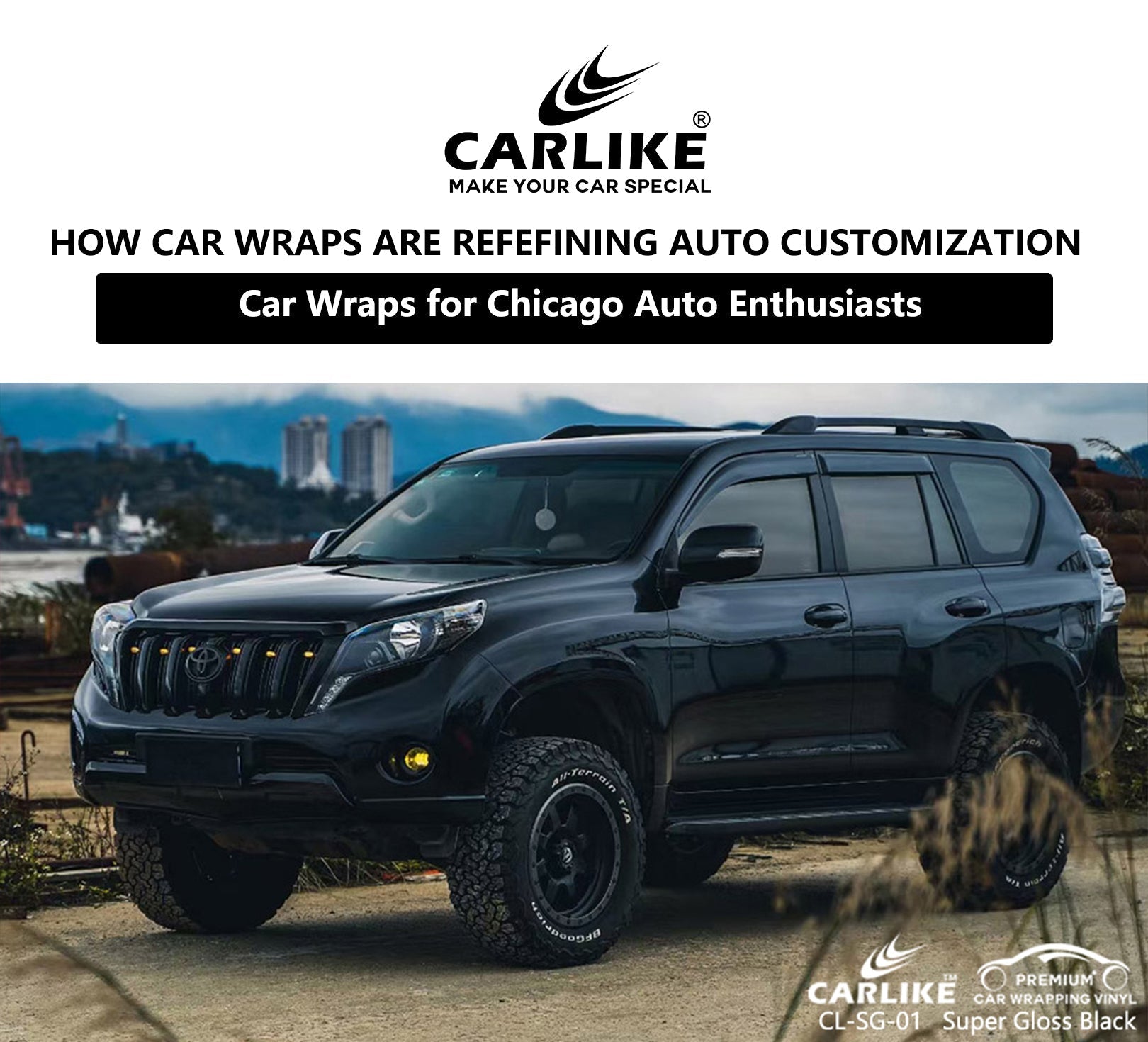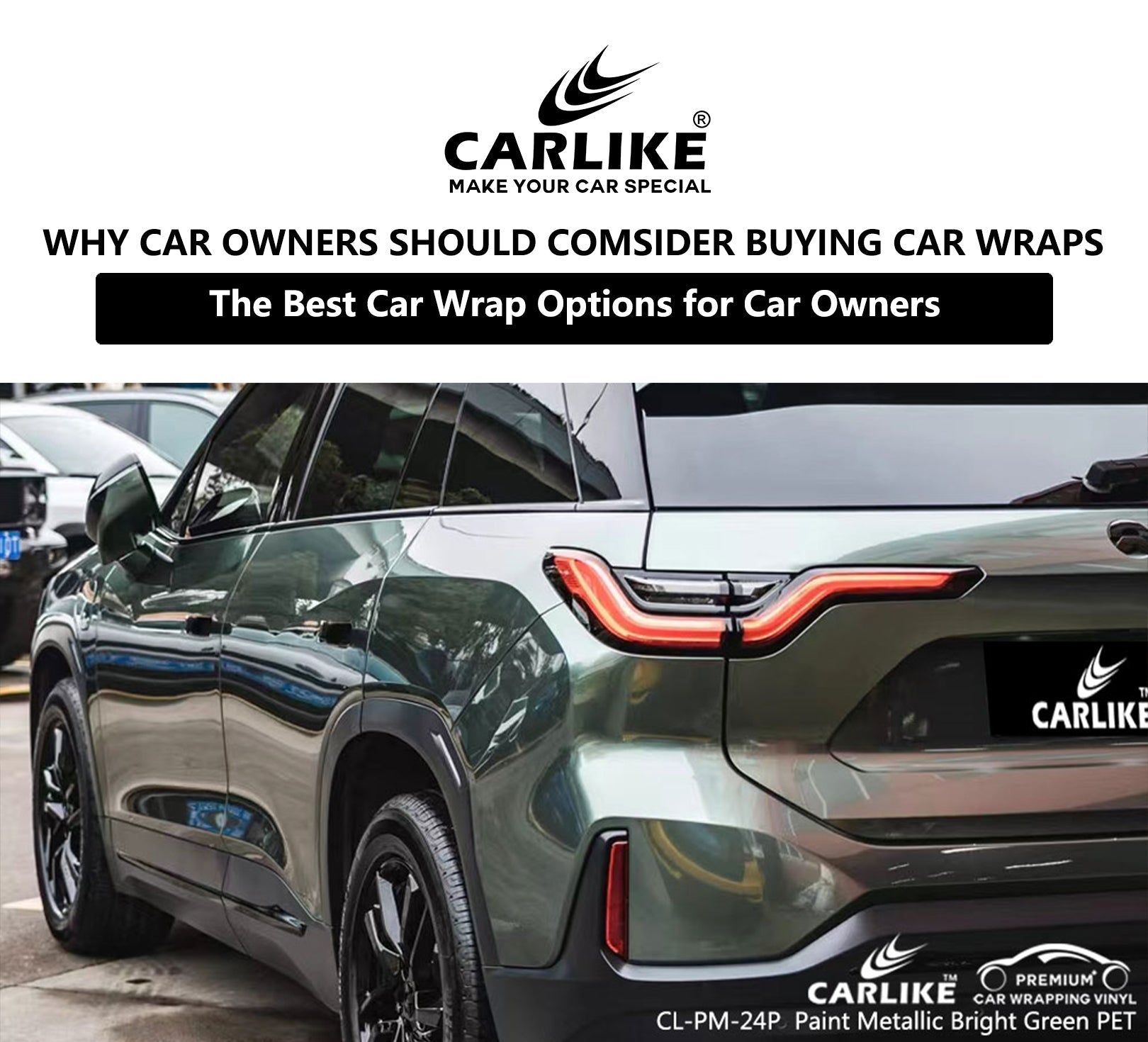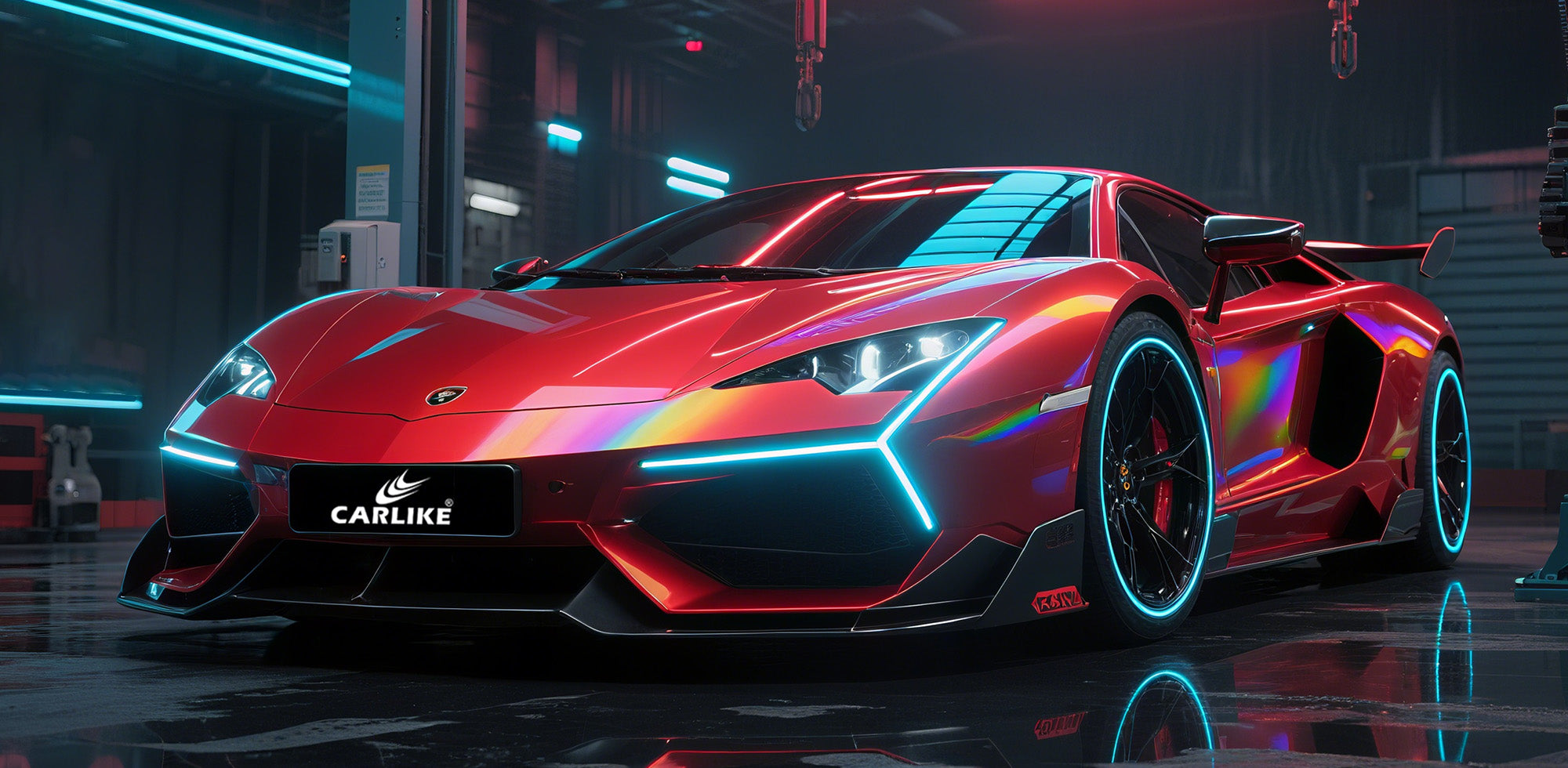Factors Influencing Car Wrap Costs: A Comprehensive Analysis
Here is a comprehensive analysis of the factors influencing car wrap costs:
1. Car Size and Type: Larger vehicles, such as SUVs or vans, require more material and labor to wrap compared to smaller cars, which can significantly impact the overall cost.
2. Type of Wrap Material: There are different types of vinyl materials available for car wraps, ranging from basic economy vinyl to premium cast vinyl. High-quality materials generally come at a higher price.
3. Design Complexity: Intricate and elaborate designs, custom graphics, or complex patterns will require more work and time, leading to higher costs.
4. Full Wrap vs. Partial Wrap: A full car wrap that covers the entire vehicle surface will naturally cost more than a partial wrap that only covers specific areas.
5. Wrap Coverage Area: Some car owners may choose to wrap only certain sections of their vehicles, like the hood, roof, or side mirrors, rather than the entire car. Partial wraps are generally more affordable.
6. Labor Costs: The expertise and experience of the professionals performing the installation can affect the price. Highly skilled installers may charge more for their services.
7. Geographic Location: Car wrap costs can vary depending on the region or city due to differences in the cost of living and demand for such services.
8. Wrap Color and Finish: Special finishes like matte, chrome, or metallic may cost more than standard gloss colors.
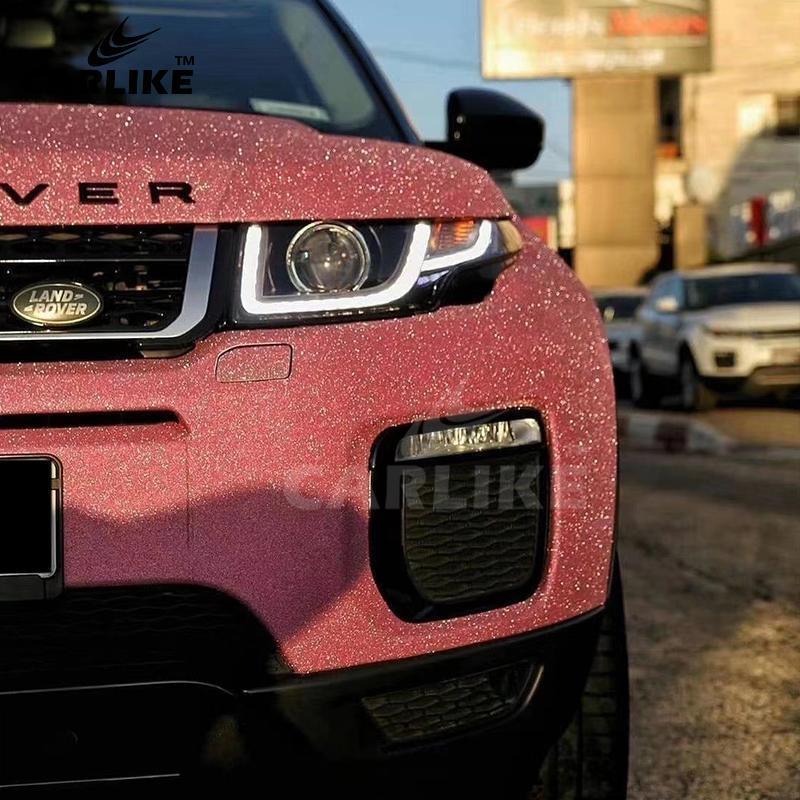
9. Brand and Reputation of the Service Provider: Well-established and reputable car wrap companies may charge a premium for their services compared to smaller, lesser-known businesses.
10. Additional Services: Some providers may offer additional services like design assistance, custom artwork creation, or removal of existing wraps, which can affect the overall cost.
11. Durability and Warranty: High-quality wraps with longer durability and comprehensive warranties might come at a higher price.
12. Vehicle Condition and Preparation: The condition of the vehicle's surface before wrapping is crucial. If the car needs extensive cleaning, repair, or surface preparation, it can impact the cost.
13. Promotions and Discounts: Seasonal promotions, bulk discounts for fleets, or special offers can influence the final cost.
14. Timeline and Rush Jobs: Urgent or rush orders may incur additional charges to prioritize and expedite the installation.
15. Insurance and Certifications: Providers with proper insurance coverage and certifications may charge slightly higher rates to cover their overheads.
By considering these factors when exploring car wrap options, car owners can better understand the price variations and make informed decisions based on their budget and preferences.
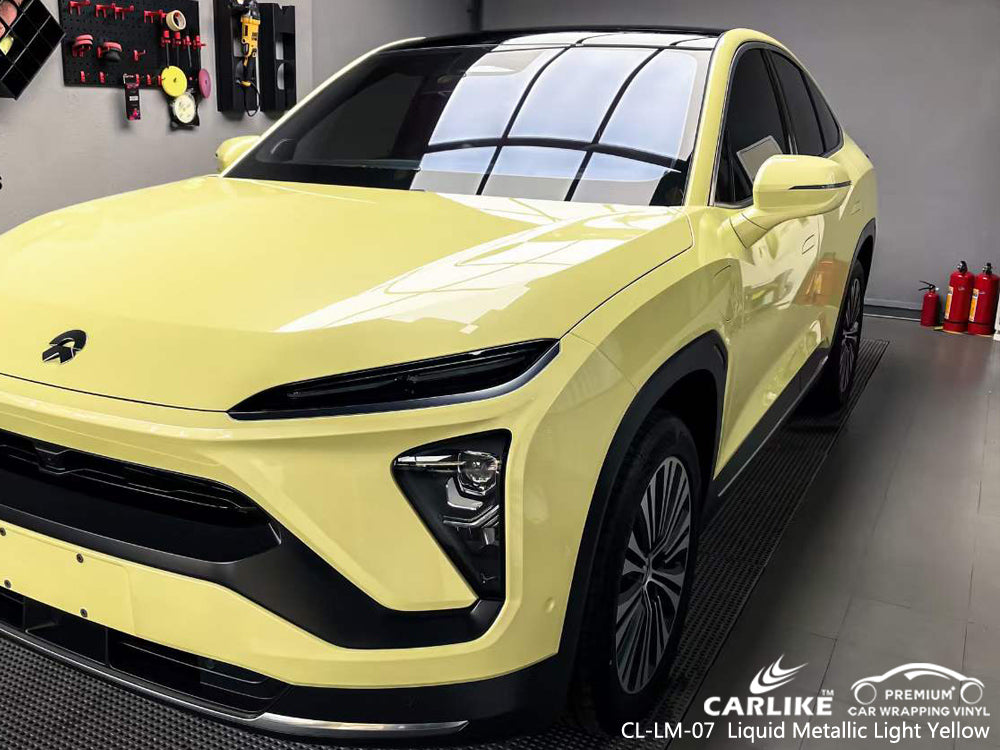
Understanding the Different Types of Car Wraps and Their Price Ranges
There are several types of car wraps available, each with its unique characteristics and price ranges. Here are some of the most common types of car wraps and their approximate price ranges:
1. Vinyl Wraps:
- Vinyl wraps are the most popular type and come in various finishes, such as matte, gloss, satin, and chrome.
- Price Range: Basic vinyl wraps can start at around $1,500 to $3,000, while more premium options can cost $3,000 to $5,000 or more, depending on the vehicle size and complexity of the design.
2. Color Change Wraps:
- These wraps are designed to change the color of the vehicle entirely.
- Price Range: Prices typically range from $2,500 to $5,000, depending on the car's size and the quality of the vinyl used.
3. Printed Wraps:
- Printed wraps allow for custom designs, graphics, and branding on the vehicle.
- Price Range: Prices can vary significantly based on the complexity of the design and the size of the vehicle. They generally start at $3,000 and can go up to $8,000 or more for highly intricate designs.
4. Matte Wraps:
- Matte wraps offer a non-glossy, smooth finish that can give your car a sophisticated look.
- Price Range: Prices for matte wraps generally fall within the range of $2,000 to $4,000, depending on the vehicle's size.
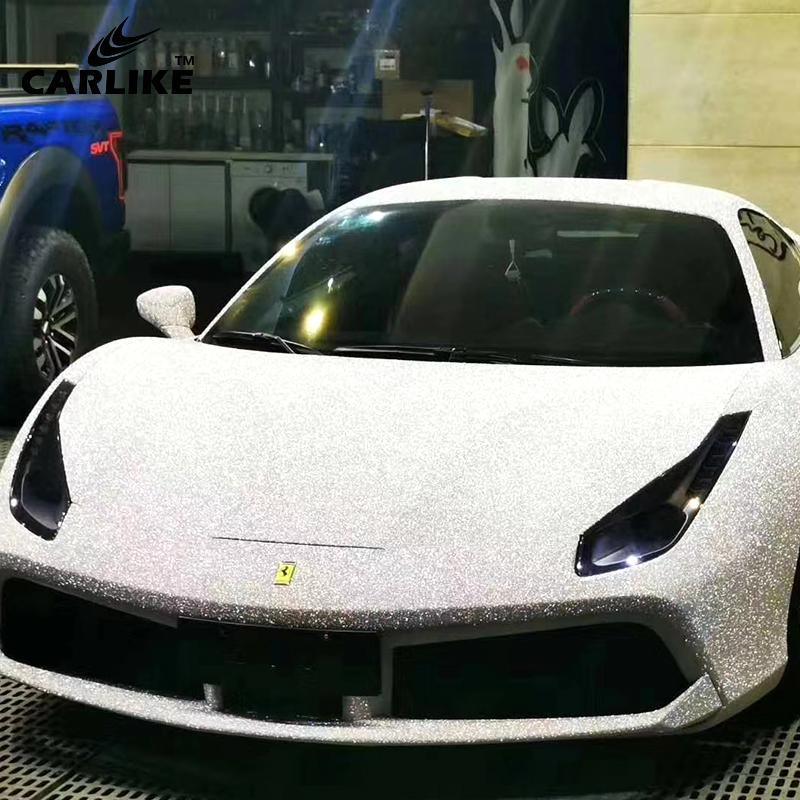
5. Gloss Wraps:
- Gloss wraps provide a shiny, reflective finish, giving the car a sleek appearance.
- Price Range: The cost of gloss wraps is similar to matte wraps, typically ranging from $2,000 to $4,000.
6. Satin Wraps:
- Satin wraps offer a blend of matte and gloss finishes, providing a unique appearance.
- Price Range: Satin wraps are in a similar price range to matte and gloss wraps, usually ranging from $2,000 to $4,000.
7. Carbon Fiber Wraps:
- These wraps mimic the appearance of real carbon fiber, adding a sporty and high-end touch to the car.
- Price Range: Carbon fiber wraps are more expensive and can cost around $3,500 to $6,000 or more, depending on the vehicle's size and the complexity of the application.
Please note that these price ranges are approximate and can vary based on several factors, including the vehicle's make and model, the quality of the materials used, the expertise of the installer, and the geographical location. It's essential to get quotes from reputable car wrap service providers to get a more accurate estimate for your specific vehicle and desired wrap type.

DIY vs. Professional Car Wrapping: Which is More Cost-Effective?
Car wrapping has become a popular way for car owners to change the appearance of their vehicles without committing to a permanent paint job. When considering a car wrap, one of the crucial decisions is whether to take the do-it-yourself (DIY) route or hire a professional for the job. Both options have their merits, but the ultimate question remains: which is more cost-effective?
1. Material Costs: Breaking Down the Price Difference
- Comparing the costs of vinyl wraps and other materials for DIY projects vs. professional services.
2. Tools and Equipment: Investing in the Right Gear
- Evaluating the expenses associated with purchasing or renting specialized tools needed for DIY car wrapping.
3. Skill and Experience: The Impact on Results and Expenses
- Discussing the importance of skill and experience in achieving a quality car wrap and how it affects costs.
4. Time and Labor: DIY Commitment vs. Professional Efficiency
- Analyzing the time commitment required for DIY car wrapping and the convenience of professional services.
5. Professional Installation: Is It Worth the Extra Cost?
- Exploring the benefits of professional car wrap installation and whether it justifies the higher price.
6. DIY Pitfalls: Common Mistakes That Can Increase Costs
- Highlighting potential errors in DIY car wrapping that may lead to higher expenses.
7. Professional Guarantees: The Value of Peace of Mind
- Discussing the warranties and guarantees offered by professional car wrap services and their impact on cost-effectiveness.
8. DIY Success Stories: When Going It Alone Pays Off
- Showcasing successful DIY car wrapping experiences and their overall cost savings.
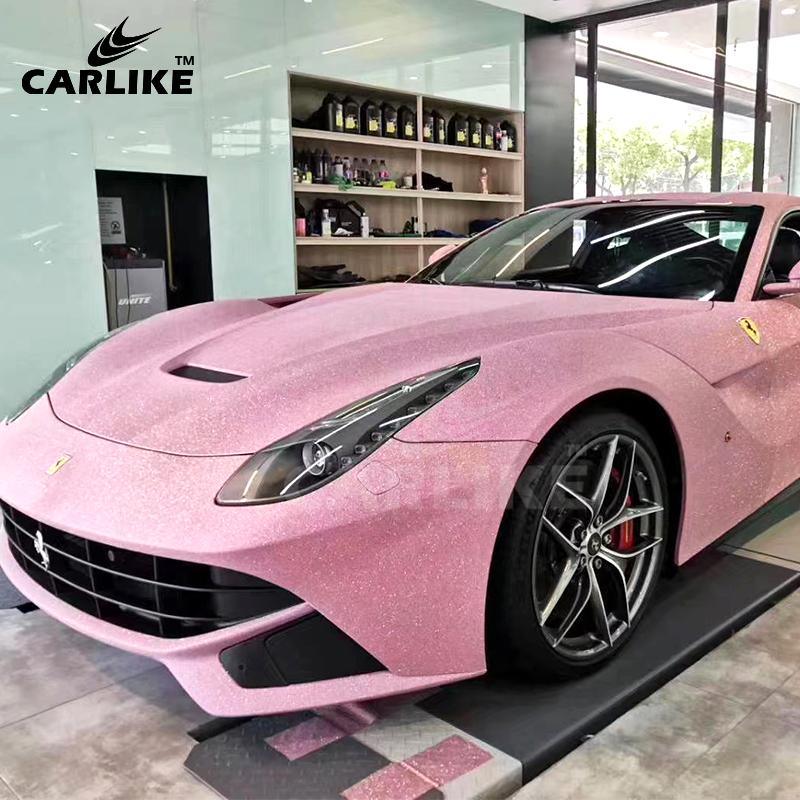
9. Resale Value Considerations: How DIY vs. Professional Wraps Affect Your Car's Worth
- Examining the impact of DIY and professional car wraps on a vehicle's resale value.
10. Wrapping Complex Surfaces: The Challenge for DIY Enthusiasts
- Addressing the difficulties of wrapping intricate parts and curved surfaces without professional expertise.
11. DIY Customization: A Cost-Effective Solution for Simple Designs
- Exploring how DIY car wrapping can be budget-friendly for straightforward and minimalist designs.
12. Longevity and Maintenance: DIY vs. Professional Durability
- Comparing the longevity and maintenance requirements of DIY and professionally wrapped cars.
13. DIY Training and Tutorials: Factoring in Learning Costs
- Considering the time and expenses associated with learning how to wrap a car through tutorials and courses.
14. Professional Price Variation: How to Find Affordable Services
- Providing tips on locating reasonably priced professional car wrapping services.
15. Making the Right Choice: Budget, Time, and Skill Assessment
- Offering a comprehensive guide to help car owners determine the best cost-effective option based on their specific circumstances.
Remember, cost-effectiveness may vary based on individual skills, available time, and budget constraints, so it's essential to weigh the pros and cons carefully before deciding between DIY and professional car wrapping.
Hidden Costs to Watch Out for When Getting a Car Wrap
When getting a car wrap, there are some hidden costs that you should be aware of to avoid any surprises and ensure you stay within your budget. Here are some hidden costs to watch out for:
1. Design Complexity Surcharge: If your car wrap design is intricate or requires additional time and effort to execute, the service provider may apply a design complexity surcharge to cover the extra work involved.
2. Surface Preparation Fees: If your vehicle's surface is not in the ideal condition for wrapping, it may require additional preparation work such as cleaning, sanding, or filling in imperfections. These preparatory steps could incur extra costs.
3. Removal Costs: If your car already has a previous wrap or paint protection film that needs to be removed before applying the new wrap, there might be additional charges for the removal process.
4. Material Upgrades: While basic vinyl wraps are more affordable, premium or specialty materials, such as color-shifting or textured vinyl, will come with a higher price tag.
5. Partial Wraps: Full car wraps are more common, but some people opt for partial wraps. Keep in mind that covering only specific parts of the vehicle might still incur significant costs, especially if the design involves intricate transitions between wrapped and unwrapped areas.
6. Additional Graphics or Branding: If you want to include additional graphics, logos, or branding elements on your car wrap, these customizations may result in extra charges.

7. Travel or Mobile Services: If you're using a mobile car wrap service or have to travel to a specialized provider, there could be additional fees for the convenience of on-site wrapping.
8. Removal Guarantees: Some service providers may offer removal guarantees, which ensure the wrap can be removed without damaging the vehicle's original paint. This guarantee may come with an added cost.
9. Warranty and Insurance: Consider the warranty coverage and insurance options for the car wrap. Some providers might offer extended warranties or insurance for an extra fee to protect your investment.
10. Installation and Quality Assurance Fees: Reputable providers may include installation and quality assurance in the overall cost, but some may charge extra for these services.
To avoid unexpected costs, it's essential to have a clear and detailed discussion with the car wrap service provider before proceeding with the project. Request a written quote that outlines all potential fees and charges, including any hidden costs, to make an informed decision about your car wrap investment.
FAQ for how much is a car wrap cost?
Q: Are there any additional costs beyond the initial quote?
A: Yes, there can be additional costs beyond the initial quote. Additional charges may apply for design customization, surface preparation, removal of existing wraps, graphic elements, material upgrades, and warranty/insurance coverage.
Q: What factors influence the cost of a car wrap?
A: The cost of a car wrap is influenced by factors like the type and quality of the vinyl material, the size and shape of the vehicle, the complexity of the design, the location of the service provider, and any extra services required.
Q: Can I save money by installing the car wrap myself?
A: DIY car wrap installation is possible, but it is not recommended for most people. Professional installation ensures better results, longevity, and a warranty in case of any issues. DIY installations can lead to costly mistakes and may not provide the same level of quality and durability.
Q: Is it possible to remove a car wrap without damaging the original paint?
A: Yes, if a car wrap is professionally installed and removed, it should not damage the vehicle's original paint. However, improper removal or low-quality materials may cause damage to the paint.
Q: How can I choose a cost-effective car wrap without compromising quality?
A: To choose a cost-effective car wrap, compare quotes from different service providers, but also consider their reputation, experience, and the quality of their materials. Look for reviews and examples of their previous work to ensure you are getting a good balance of price and quality.
Final Words
In conclusion, delving into the world of car wraps reveals a spectrum of possibilities, catering to car owners with varying budgets and design preferences. From the more affordable options that offer a stylish refresh to the high-end materials that exude luxury and distinction, there's a car wrap solution for everyone. However, it's crucial to consider not only the initial cost but also the quality of materials, expertise of the service provider, and potential hidden expenses. Whether you're looking to transform your vehicle on a budget or indulge in a lavish makeover, understanding the range of car wrap costs empowers you to make an informed choice that perfectly aligns with your vision. So, go ahead, explore your options, and let your ride reflect your personality and style with a captivating car wrap that turns heads on every road you travel.






